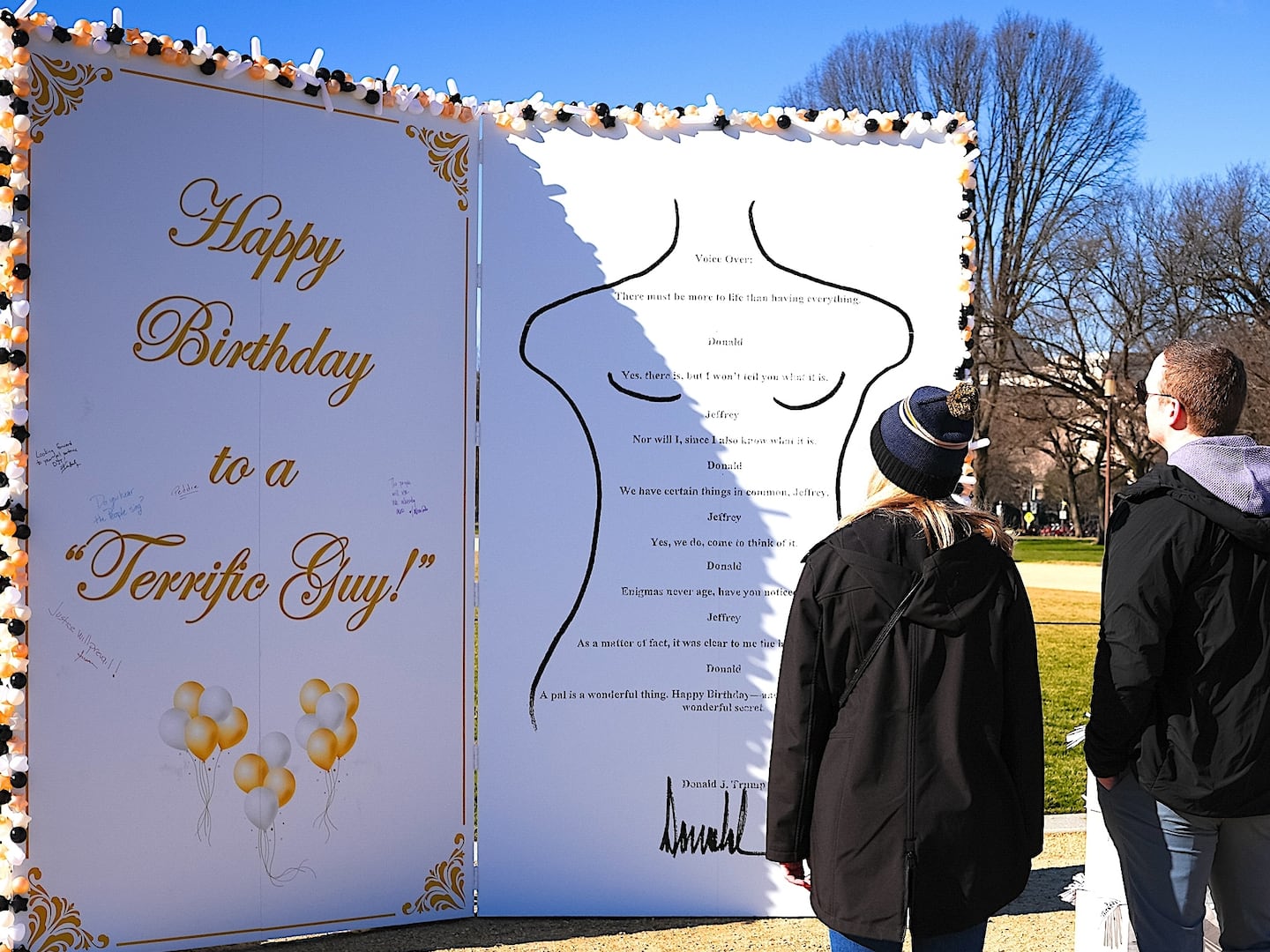There are two decidedly different portraits of Michael Joseph Jackson emerging from the trial of Dr. Conrad Murray, who has been charged with involuntary manslaughter in Los Angeles Superior Court. The state has painted the King of Pop as a healthy and functional man, while the defense team for Murray is careful to stress the entertainer’s many and varied maladies. Murray’s guilt or innocence may hinge on which version the jury accepts.
Dr. Christopher Rogers, the Los Angeles deputy medical examiner, began his quiet and matter-of-fact testimony by revealing that he has done thousands of autopsies during his career. If being put in charge of determining the cause of death for a world-renowned superstar rattled him, he didn’t show it. Rogers then promptly declared that the autopsy he performed on 50-year-old Michael Jackson proved the entertainer was “healthier than the average person of his age.” The doctor based his opinion, he told prosecutor David Walgren, on the fact that Jackson showed no signs of atherosclerosis.
“At the age of 50 almost everybody has atherosclerosis,” Rogers said. “[It’s] the fat and cholesterol that builds up on the walls of coronary arteries” over the years. Jackson didn’t have any, and his body-mass index was normal for a man who stood 5 foot 9 and weighed 139 pounds. Rogers conceded, however, that Jackson was “thinner than most, I believe.”
It is to the state’s benefit to portray Jackson as a functioning and fit father and businessman who was about to embark on an important comeback concert tour in London. He was a man who “literally put his life in the hands of Dr. Conrad Murray,” as the prosecutor put it during opening statements, only to lose his life because of the doctor’s “gross negligence, medical abandonment, and repeated incompetence.” Murray’s most grievous act, according to the prosecution, was that he dared to bring the hospital-only anesthetic propofol into a private home and use it without the proper monitoring and resuscitation equipment.

And it is in the defense team’s interest, of course, to peel back the veil of secrecy about the King of Pop’s precise health problems as a way to show the jury that this was no ordinary man. Rather, that he was an aging entertainer plagued by doubts about his talent and stubbornly grappling with a debilitating host of long-ignored medical problems—not the least of which was a raging dependency on prescription drugs. The defense theory is that Jackson self-administered extra drugs and propofol on the last night of his life without Murray’s knowledge and caused his own death. And while Dr. Conrad Robert Murray may never take the stand in his own defense, his voice has been heard in the courtroom in a two-hour-long tape recording of his original interview with LAPD detectives.
Next to the verdict the jury will render in this case, court watchers are certain to remember the stark particulars of Michael Jackson’s health revealed during this trial.
The pitiable last photo of the naked megastar projected into the courtroom as Rogers testified is unforgettable. Jackson is seen lying supine on the autopsy gurney, his genitals masked by a black panel. The endotracheal tube is still in his mouth; there are multiple injection marks on his arms; there is a purplish CPR bruise in the middle of his chest; and on his left leg, there is another bruise from the permanent intravenous port Murray had installed behind his knee to facilitate his nightly dose of propofol. Murray said he installed it there because so many of Jackson’s veins were atrophied from too many intravenous drugs and had become “like cords. You could hardly find a good vein” in his body.
During the medical examiner’s testimony, a description of the different health conditions he had discovered during Jackson’s official autopsy were read aloud.
“He had an enlargement of the prostate gland,” Rogers reported. “He had vitiligo, which is a skin disorder ... He had a polyp on his colon … The nervous system showed signs of swelling … A lung examination showed chronic inflammation and scarring in the lungs.” There were also signs of arthritis in his body, and, in an interesting side note, Michael Jackson had an extra rib.
Most important for the state’s case: Rogers testified it was his conclusion that the cause of death was “acute propofol intoxication” exacerbated by two sedatives given by Murray—lorazepam and midazolam—and that the manner of death was homicide. Rogers said it just didn’t make sense that Jackson awoke from propofol slumber and gave himself another fatal dose during the two minutes that Murray claimed he was out of the room. That was simply not enough time for the medication to be injected and circulate through the body to kill him.
During the trial, which is now its third week, the jury has also been shown numerous photographs of the death scene and heard the recording of Murray’s interview with detectives. Taken together, they provided a shocking picture of Michael Jackson’s lifestyle and his near-constant battle for his health.
The photos focused on the master bedroom, closets, and marble bath in the $100,000-a-month home Jackson rented in L.A.’s posh Holmby Hills neighborhood. The suite was, in the words of one of the first officers on the scene, “extremely messy.” The lavishly furnished rooms were littered with discarded clothing, cardboard boxes spilling their contents, empty beverage and prescription bottles, Jackson’s trademark sticky notes all over the bathroom mirror, and wads of trash on the floor.
“He had trouble urinating,” Murray was heard telling detectives on the tape recording. “He explained to me it would take him hours to urinate. I checked his PSA. It was normal … I gave him [medicine] to shrink the prostate.” And at night, Murray would outfit his patient with a condom catheter to catch urine, as Jackson’s propofol-induced sleep sometimes kept him under for as long as 15 hours at a stretch.
That was far from Jackson’s only health problem, according to Murray. “He had very bad feet,” the defendant told detectives. “Calluses [that were] painful when he danced … and a bad fungus that was all over his feet and into his flesh.” Murray said he got a podiatrist to come to the house to help. And he prescribed medicine that finally cured the fungus.
Jackson’s eyesight was of particular worry to Murray, who wondered whether his patient might be legally blind after he watched him reading with a magnifying glass. “I asked him if he had glaucoma and he said no … [but] he had never seen an ophthalmologist! I worried that he might take the stage in London and not be able to see things.” Jackson’s concert promoters agreed he needed an eye exam, and one had been scheduled.
Asked about Jackson’s other preexisting conditions, Murray volunteered that “he doesn’t eat well … he don’t eat and drink,” he said in his lilting Caribbean accent. “He said his mother used to have to force him to eat.” Murray indicated that his patient’s battle with dehydration, especially after rehearsals, was one reason he had added a bag of saline solution to the nightly IV of propofol.
But it was Jackson’s long-fought battle with prescription drugs that Murray either didn’t fully comprehend or was reluctant to acknowledge to the detectives.
“I was not aware of any other medication he was taking, but I heard he was seeing a Dr. Klein three times a week in Beverly Hills,” Murray said. “He didn’t discuss it with me.” In opening arguments, lead defense attorney Ed Chernoff had declared that Dr. Arnold Klein, a once-prominent celebrity dermatologist, had gotten Jackson addicted to the narcotic painkiller Demerol and had given him 51 shots in the weeks before he died. That addiction, Chernoff maintained, was the cause of Jackson’s incurable insomnia—the self-inflicted root of many of his problems.
When pressed about Klein by detectives, Murray said, “His production team told me that [Jackson’s] worst days were when he had gone to see Dr. Klein. He was basically wasted for the next 24 hours.”
(Homicide detective Scott Smith told the jury in his testimony earlier this week that there had been an argument within the ranks as to whether L.A. County or the federal Drug Enforcement Administration would pursue an investigation of Klein. It was agreed that the DEA would take the lead on “other Jackson doctors” who may have overprescribed. Sources tell The Daily Beast that the investigation of Klein remains ongoing both at the DEA and at the California State Medical Board.)
Kenny Ortega, the director of This Is It and the first witness called to testify, said that just five days before Jackson died, top concert promoters from AEG visited the Holmby Hills home and told Michael his illnesses and absences would no longer be tolerated. The defense has hinted that pressure may have caused Jackson to panic and overmedicate himself.
On the police interview tape, Murray made an effort to explain he had no idea when he signed up to be Michael Jackson’s personal physician (at a salary of $150,000 a month) that he would be expected to administer propofol—Jackson called it his “milk”—every single night. But he admitted that’s what he did for two full months, until three days before Jackson’s death.
“I was trying to wean him off,” Murray said to the detectives. But on the last night, “he kept saying his show was going to fall apart! He was a producer—he had to produce! [And] ‘I can’t function if I can’t sleep! They’ll have to cancel the tour!’” The patient begged for his milk.
Murray’s courtroom demeanor provides a sharp contrast from the concerned-sounding doctor on the recording. He sits erect, emotionless, staring into meaningless spaces of the room, and almost never speaks or makes eye contact with his own attorneys. The 6-foot-5 Murray appears aloof, slightly arrogant, and somewhat annoyed that he has to be there.
The prosecution has, so far, displayed three death photographs of Michael Jackson: one close-up of his needle-punctured arm and two full-body shots revealing a frail, almost emaciated-looking corpse. Prosecutor Walgren may believe the photos show his victim in a sympathetic light.
But the defense knows all it takes is one juror to believe that Jackson—a man who was facing the biggest comeback challenge of his life—might have done it all to himself.






